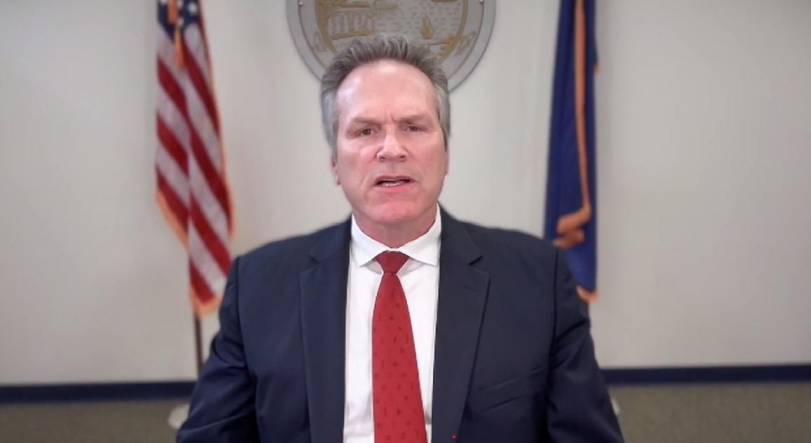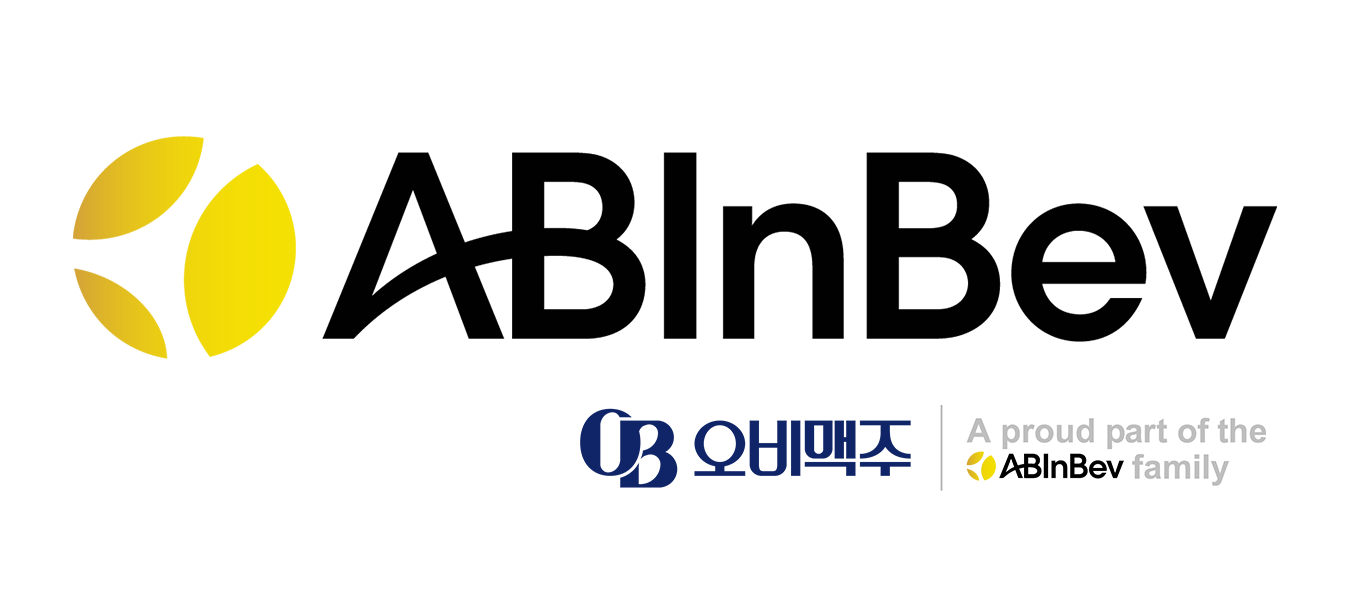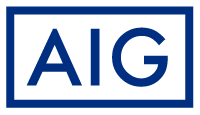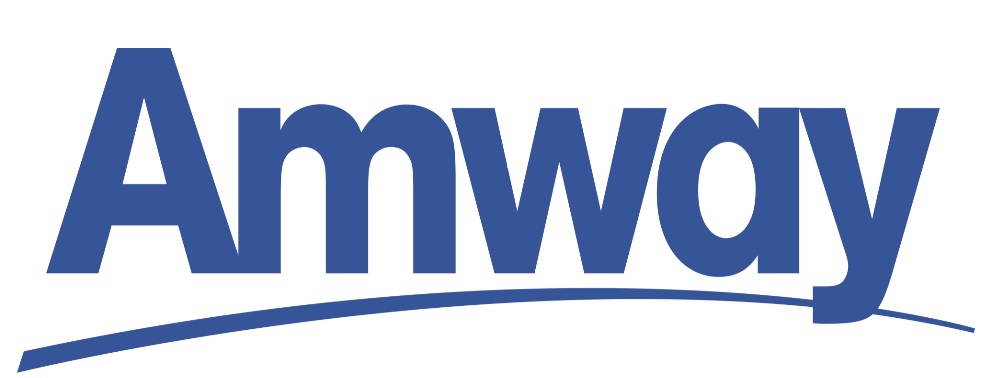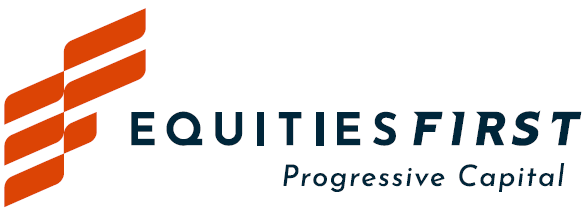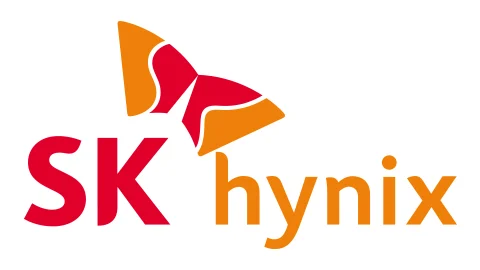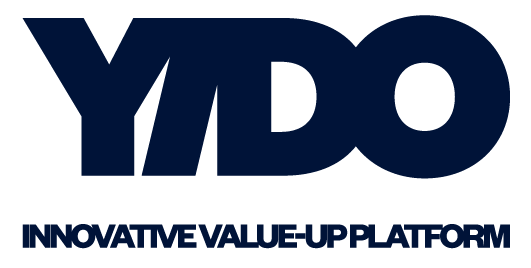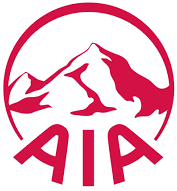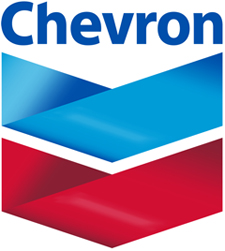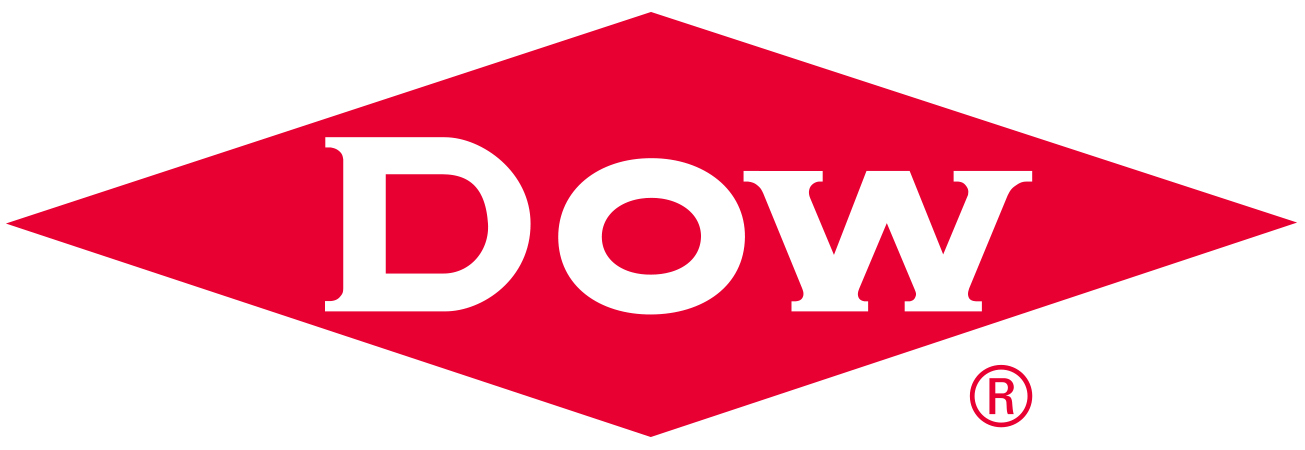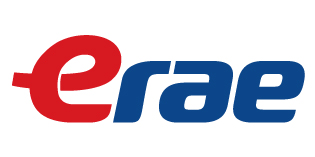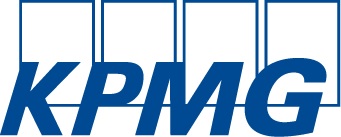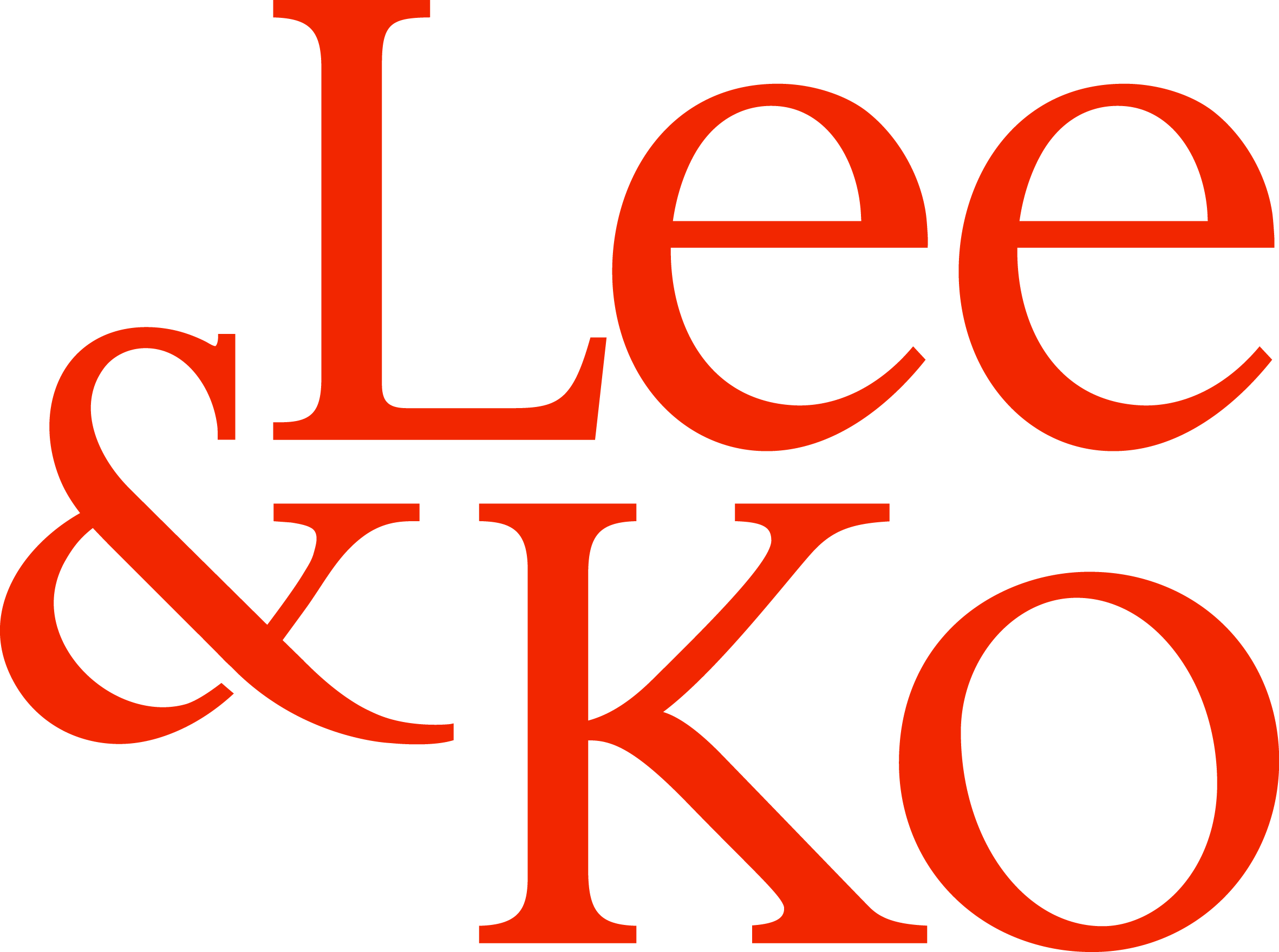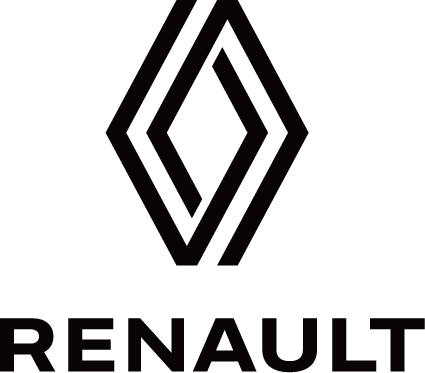Alaska
governor urges Korea to join LNG project, emphasizing strategic advantages
By Lee Gyu-lee, The
Korea Times - Alaska Gov. Mike Dunleavy has invited Korea to join the state’s
massive liquefied natural gas (LNG) project, highlighting shared security,
economic and energy interests.
Giving a special speech
at the Korea Times-AMCHAM forum in Seoul, Tuesday, he highlighted Alaska’s
legacy as the first LNG exporter to Asia — beginning with shipments to Japan in
1969 — and said the state is now seeking to deepen energy ties with Korea not
only through gas sales but also through joint investment in the $50 billion
project.
U.S. President Donald
Trump has been urging Korea, Japan and other Asian nations to invest in the
Alaska LNG project, which aims to construct a 1,300-kilometer pipeline
connecting the North Slope — a vast, proven natural gas reserve — to southern
Alaska for export.
“Many of you have heard
about this project for decades, and this year this project has actually been
accelerated with the help of President Trump and the economics throughout the
world,” he said via video call, noting the state already holds a proven record
of exporting gas.
“Alaska pioneered LNG
export in 1969 to Japan. We were the first sovereign on the planet to export
gas ... For 50 years, we exported gas on a continual basis to Japan.”
The governor also
pointed to Alaska’s geographic advantage in supplying gas to Korea.
“Gas coming from Alaska
takes a shorter amount of time to get to Korea than it would be from the Gulf
of America, from going around South America, and in many cases, than it would
be coming from the Middle East,” he said, adding the state has already acquired
required permits for the project, referring to the Gulf of Mexico by the name
introduced by the Trump administration.
“This project that I’m
referring to has all of its permits. We know … how much gas the project
actually has because we’ve recycled that gas for many decades under North
Slope.”
The governor said the
entire project is estimated to cost between $44 billion and $50 billion, with
the pipeline itself accounting for about $12 billion. He expressed hope that
Korea would invest not only as a buyer but also as a partner in pipeline construction.
“It’s our hope that
Korea partakes in this Alaska gas not just as an off-taker but also as a
business partner. There’ll be tremendous opportunities for shipping for the
steel itself, the pipe, compressors and modules,” he said.
“It's our hope that we
have a future friendship, stronger friendship not just between our countries
but also between Alaska as well."
He further explained
that Alaska will finalize the exact construction cost of the pipeline in the
coming months, paving the way for the project's lead developer Glenfarne to
make its final investment decision.
“Once that occurs, we
anticipate that pipe, ancillary equipment and components will be ordered next
spring and that we could possibly see the first well in (one of) the largest
gas pipeline projects in the world next summer or fall, delivering gas to Alaskans
within two years and gas for export by 2030 or 2031,” he said.
Citing LNG offtake
agreements totaling 6 million tons per year with Taiwan and 2 million with
Thailand, the governor urged Korea to recognize both the value of the project
and its significance for the bilateral partnership.
“Taiwan has signed an
LOI (letter of intent) to offtake 6 million tons (per annum) of gas. That would
be the largest offtake of any single project in the history of LNG because they
see the value of Alaska LNG. They see the value of American LNG and that partnership,”
he said, noting other Asian countries are also taking an interest.
Dunleavy underscored
the importance of reliable gas supplies for national and economic security.
“Gas for the future is
really security — security for our national defense, security for our economies
going forward. The gas that Alaska has, some estimates up to 200 trillion cubic
feet, could last for decades and decades to come,” he said.
“We would love to be a
partner going forward on energy and we have the ability to do that … And I look
forward to another trip over to Korea, hopefully to ink some deals as this
pipeline project moves to fruition.”
Source:
https://www.koreatimes.co.kr/business/others/20250624/alaska-governor-urges-korea-to-join-lng-project-emphasizing-strategic-advantages




